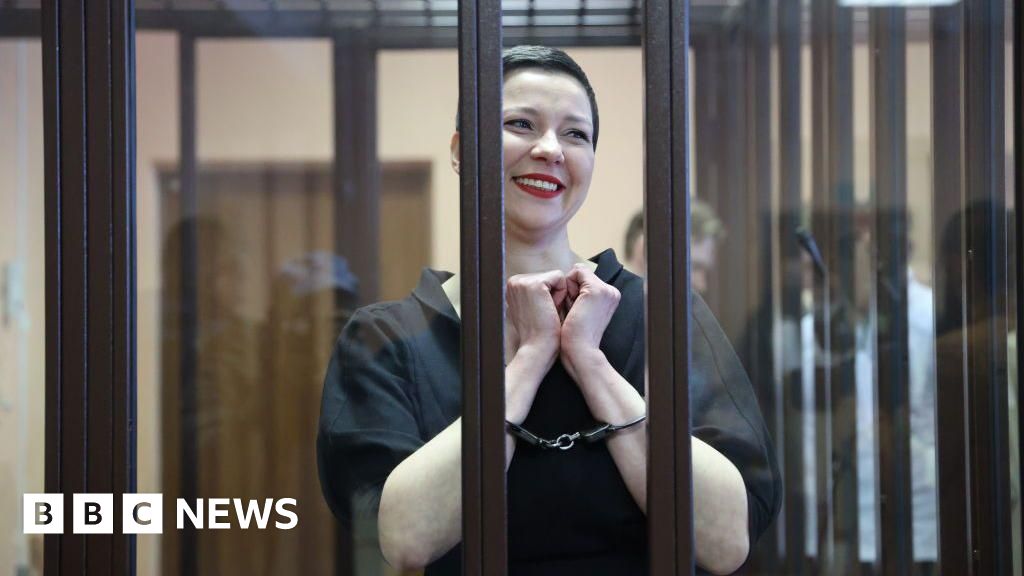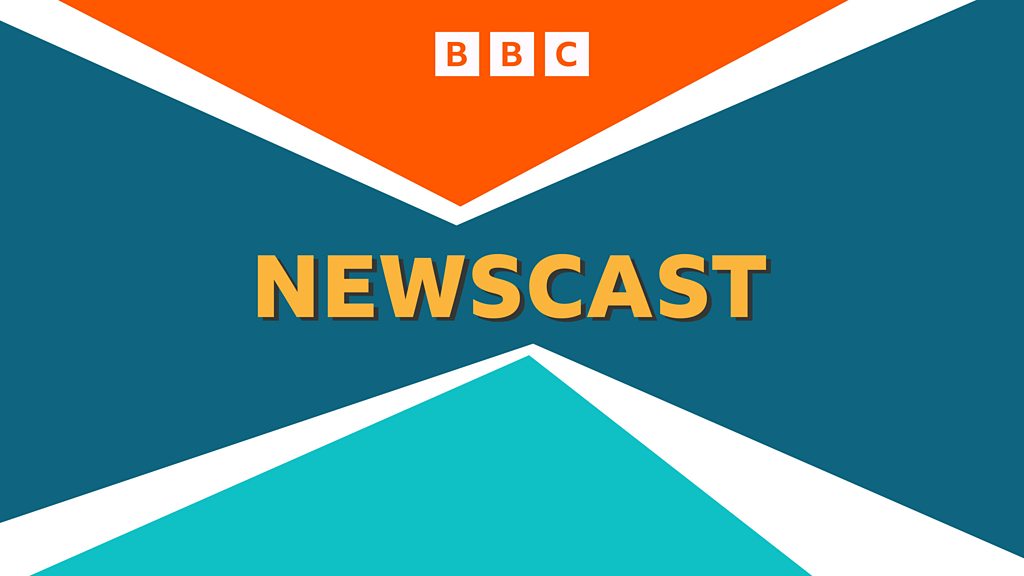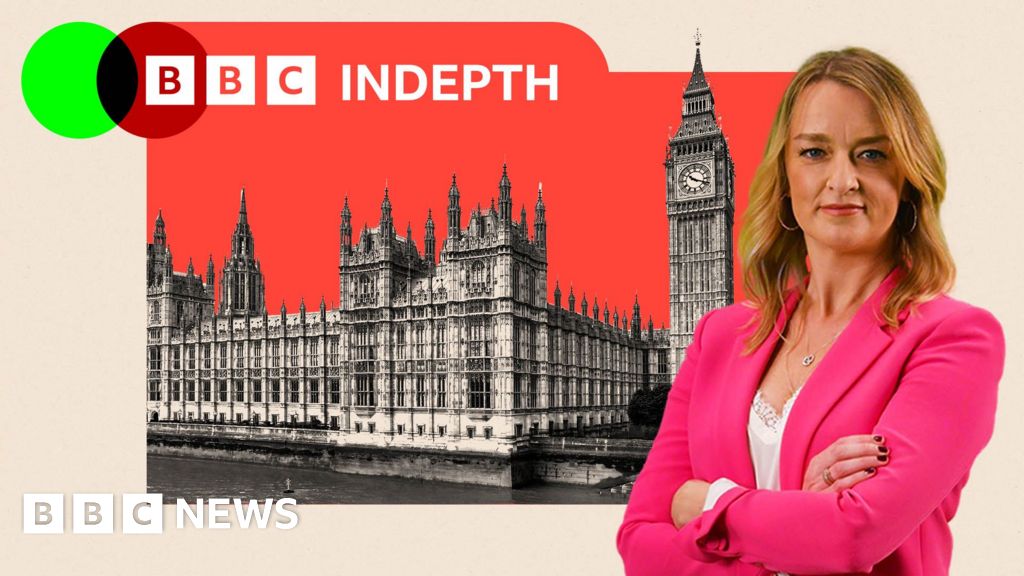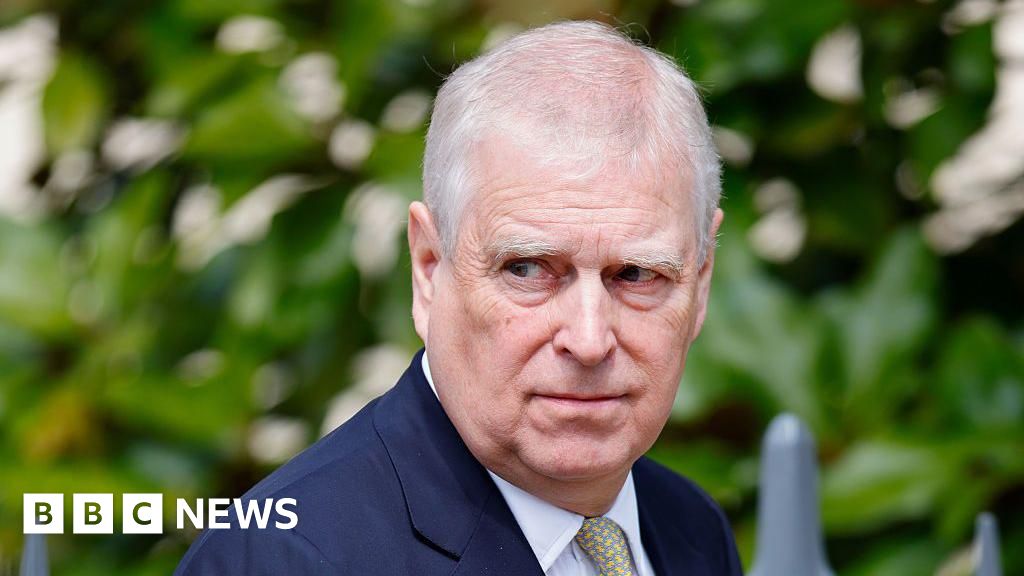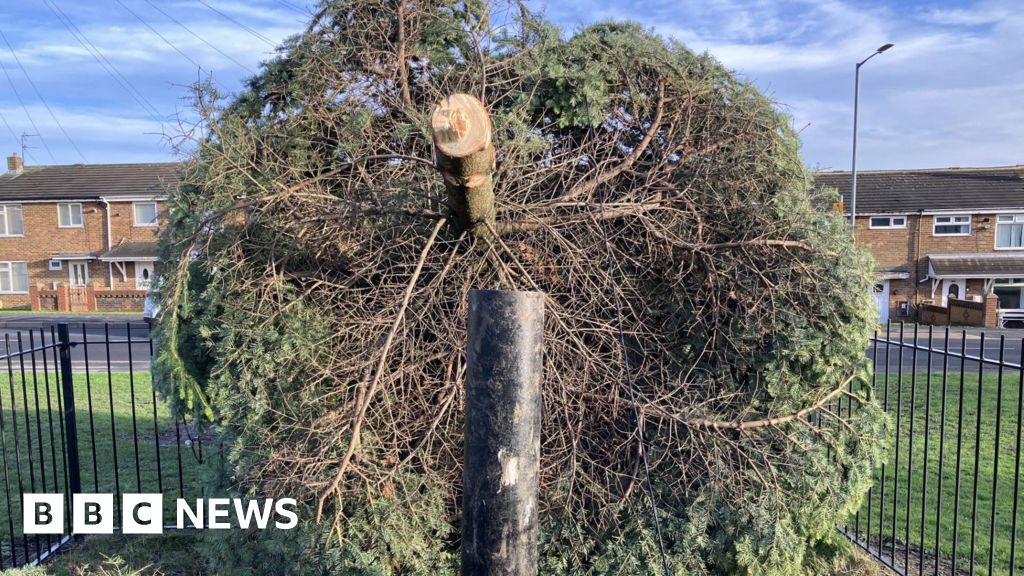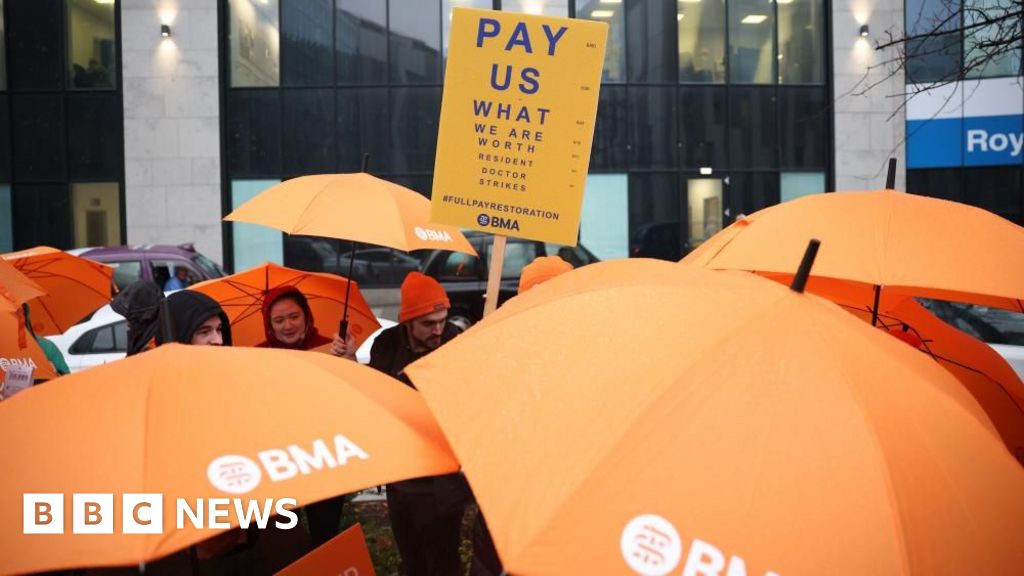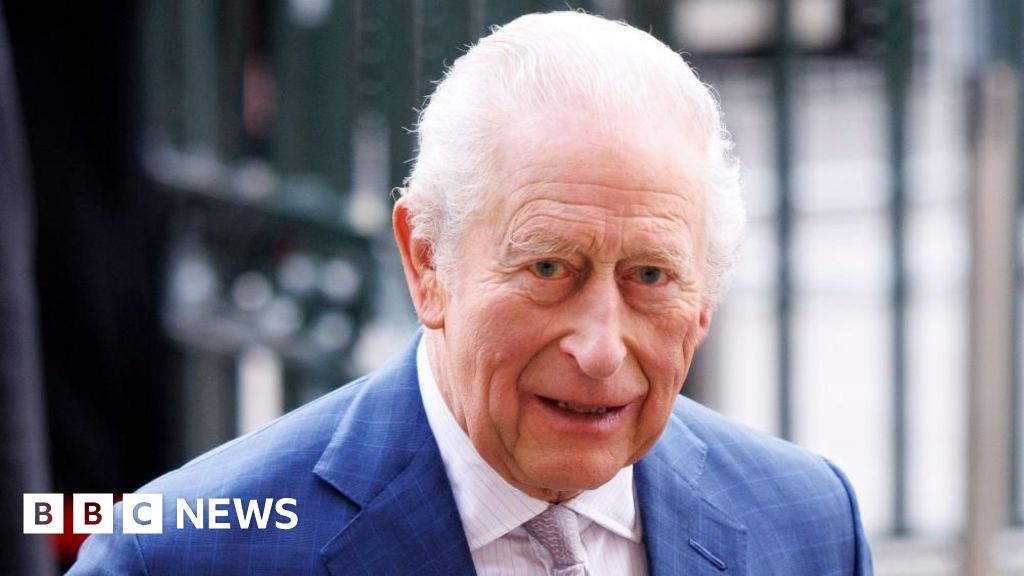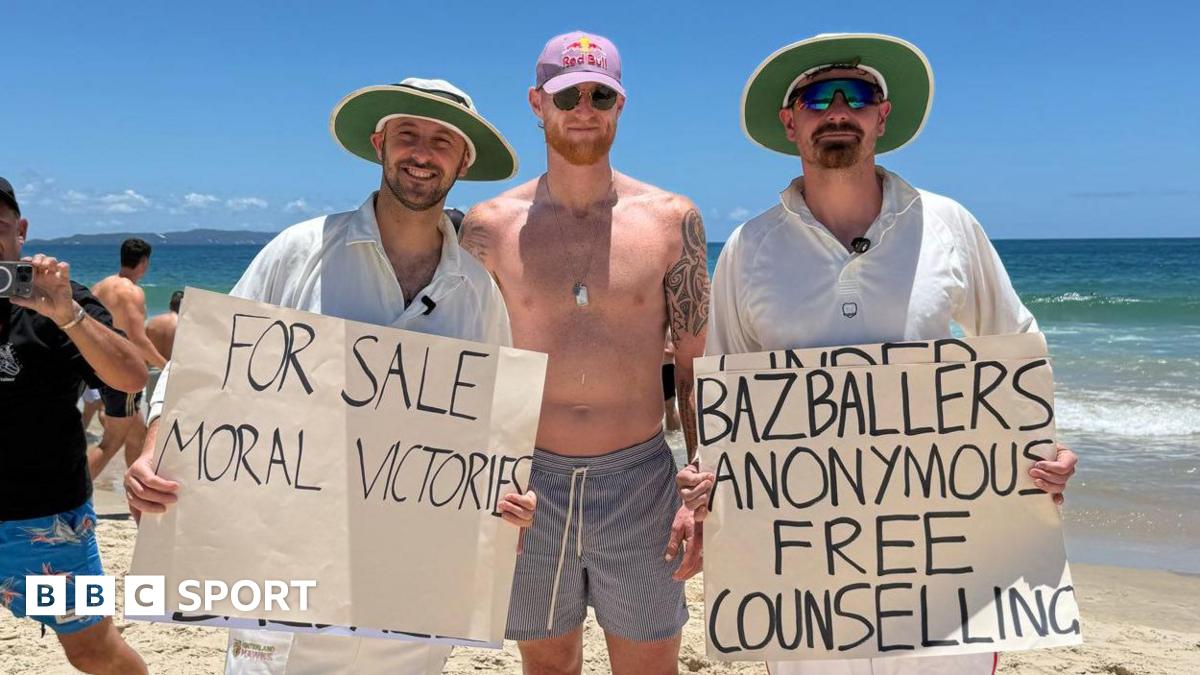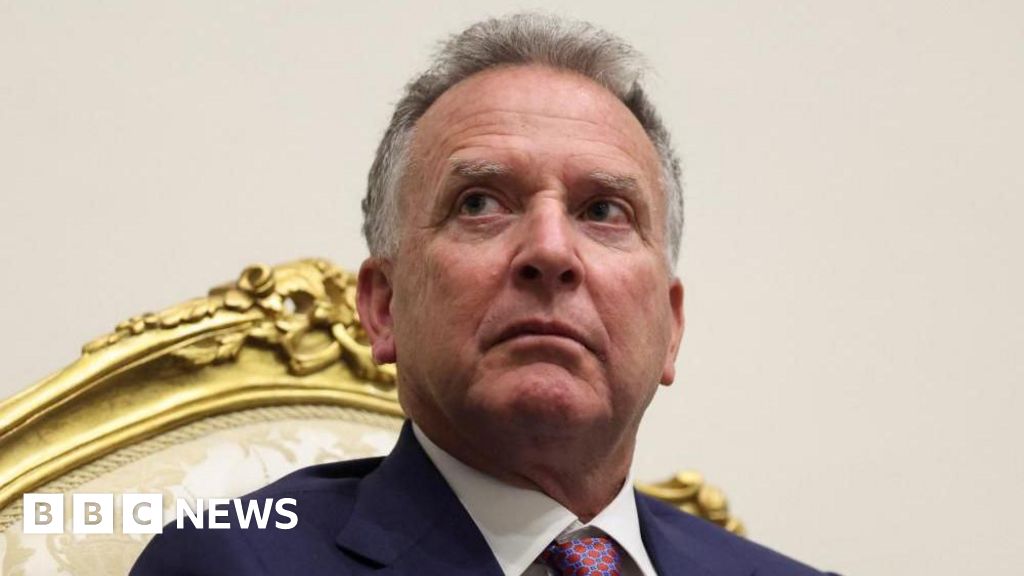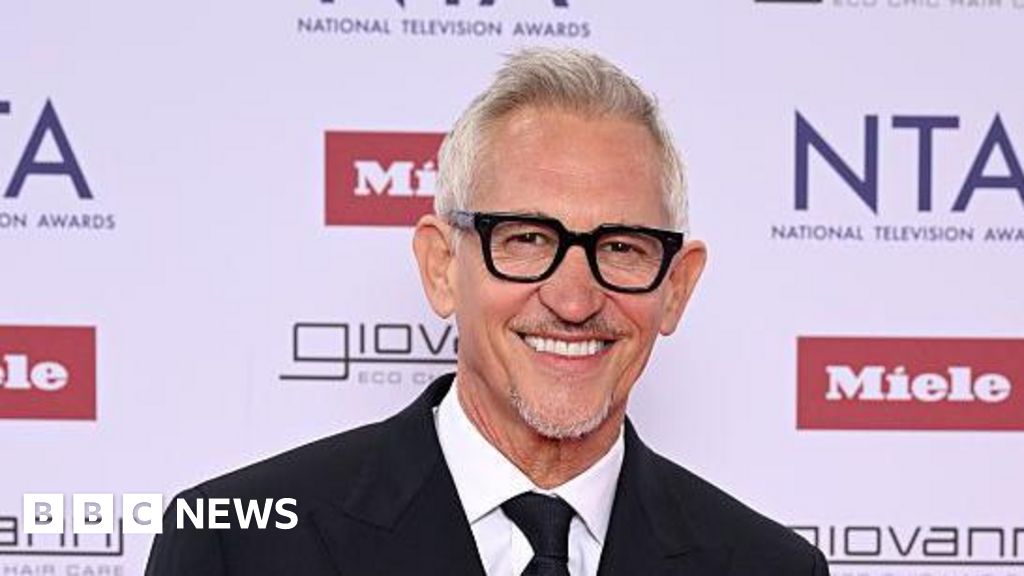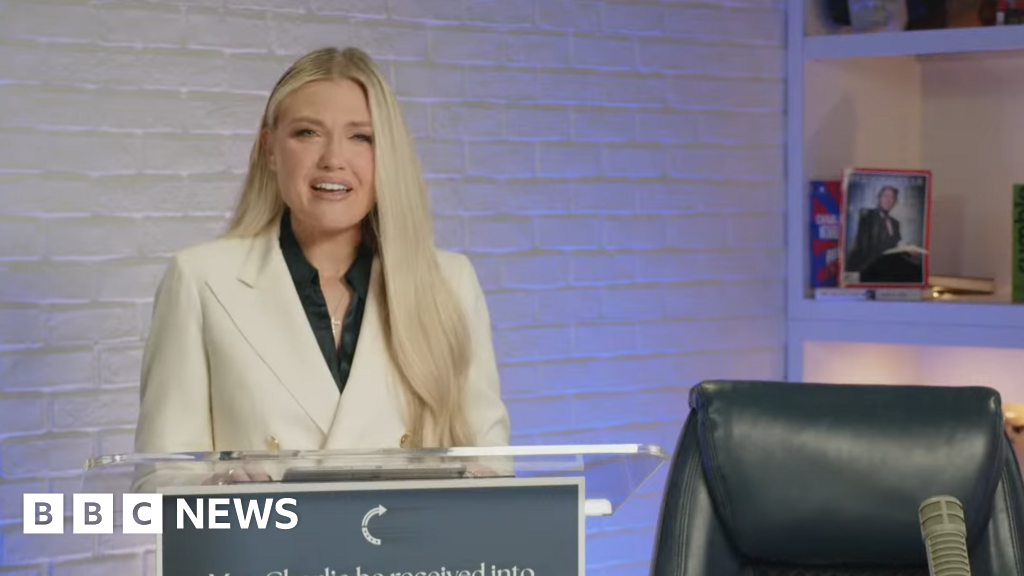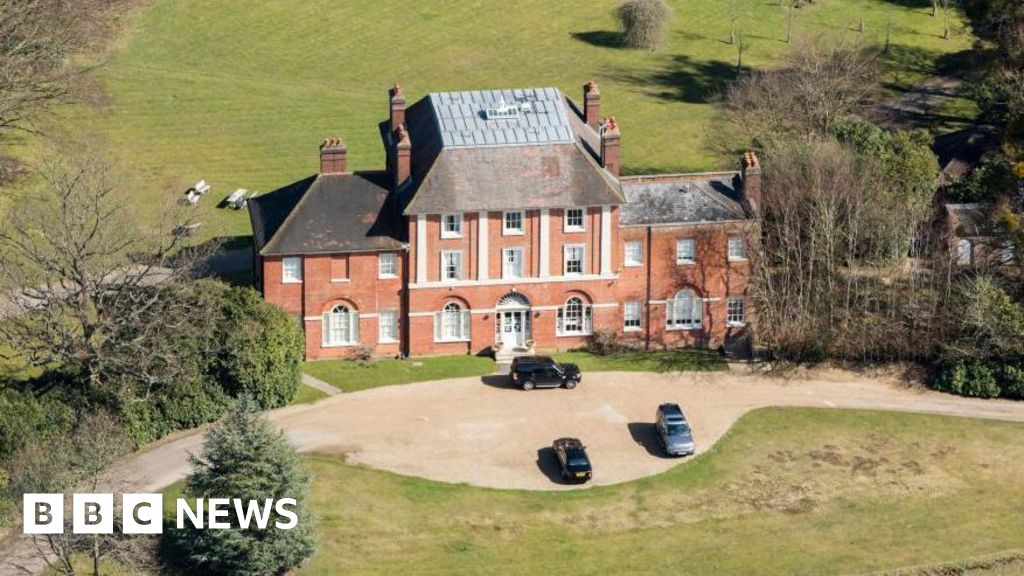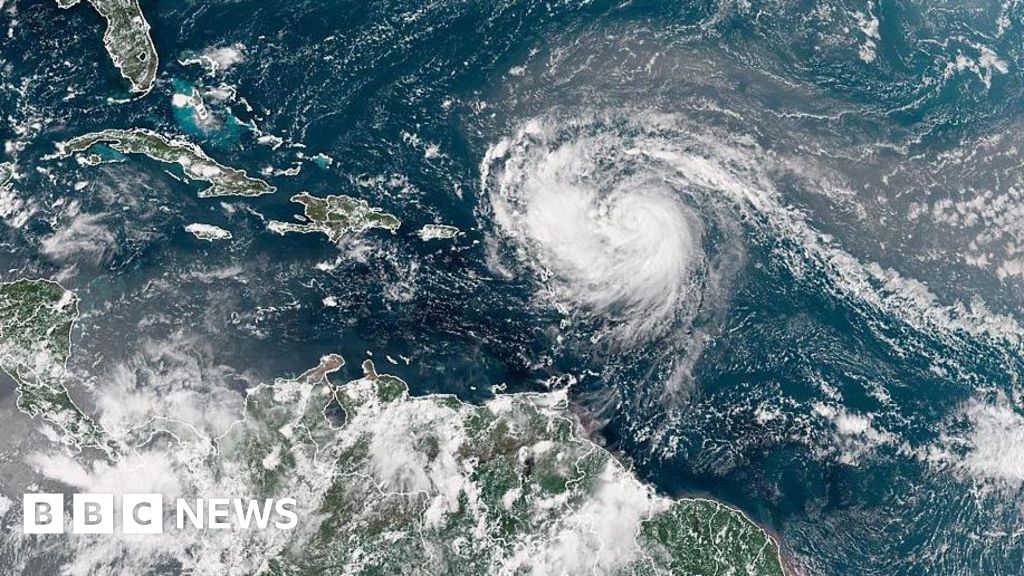Natalie ShermanBusiness reporter
Watch: Powell on new Federal Reserve board member with White House ties
It's finally happening.
After months of economic debate and mounting attacks from US President Donald Trump, the US central bank cut interest rates on Wednesday.
The Federal Reserve said it was lowering the target for its key lending rate by 0.25 percentage points. That will put it in a range of 4% to 4.25% - the lowest level since late 2022.
The move - the bank's first rate cut since last December - is expected to kick off a series of additional reductions in the months ahead, which should help bring down borrowing costs across the US.
But today's move carries a warning about the economy, reflecting increased consensus at the Fed that a stalling job market needs a boost in the form of lower interest rates.
"Unemployment is still low but we're seeing downside risks," Federal Reserve chairman Jerome Powell said at a news conference after the announcement.
That compared to the Fed's July update which described the job market as "solid".
Wednesday's cut was supported by 11 of the 12 voting members on the Fed's commitee. Stephen Miran, who is on temporary leave from his post leading Trump's Committee of Economic Advisers, voted for a bigger 0.5 percentage point cut.
In many ways, it is no surprise that the Fed, which sets interest rate policy independent of the White House, is cutting.
The inflation that ripped through the post-pandemic economy and prompted the bank to raise interest rates in 2022 has come down significantly.
In the UK, Europe, Canada and elsewhere, central banks have already responded with lower rates, while the Fed's own policymakers have said for months that they expected to lower borrowing costs by at least half a percentage point this year.
At the Fed's last meeting, two members of the board even backed a cut.
They were outvoted, as other members remained worried that Trump's economic policies, including tax cuts, tariffs and mass detentions of migrant workers, might cause inflation to flare back up again.
And it's true that the US in recent months has seen inflation tick higher. Prices rose 2.9% over the 12 months to August, the fastest pace since January, and still above the Fed's 2% target.
But in recent weeks, those concerns have been eclipsed by weakness in the labour market. The US reported meagre job gains in August and July and an outright loss in June - the first such decline since 2020.
"It really comes down to what we've seen in the jobs market - the deterioration that we've seen over the past few months," said Sarah House, senior economist at Wells Fargo, which is expecting rates to drop by 0.75 percentage points by the end of the year.
"The Fed knows that when the labour market turns, it turns very quickly, so they're wanting to make sure they're not stepping on the brakes of the economy at the same time the labour market has already slowed."
At the news conference following the announcement, Powell emphasised that the unemployment rate remained low, at 4.3%, while acknowledging unusual disagreement among members about what to do next.
Forecasts released by the Fed suggest the Fed could lower interest rates by an additional 0.5 percentage points this year.
But seven members see no further need for reductions, while one member - who analysts said was likely Miran - thinks the rate should drop below 3%.
"It's not a bad economy - we've seen much more challenging times," Powell said. "But from a policy standpoint, it's challenging to know what to do. There are no risk-free paths right now. "
Wednesday's move is unlikely to satisfy the president, who has spent months blasting the Fed's hesitance to cut rates, which he says should be as low as 1%.
On social media, he has called Powell "a real dummy", accusing him of holding back the economy by leaving interest rates too high for too long.
"Too Late" MUST CUT INTEREST RATES, NOW, AND BIGGER THAN HE HAD IN MIND. HOUSING WILL SOAR!!!" Trump wrote in a social media post ahead of the meeting, referring to Powell.
Trump's pressure is not just rhetorical. He moved quickly to install Miran in time for this week's meeting after a short-term vacancy opened up last month.
His administration has also threatened Powell with firing and investigation and is locked in a legal battle over its effort to fire economist Lisa Cook, another member of the board.
To critics, Trump's moves amount to an assault on the Fed's independence that is unprecedented in recent history.
Powell spent much of the news conference ducking questions about whether he agreed.
Asked, for example, if he saw the fight over Cook as a threat to the bank's independence, he responded: "I see it as a court case I think it would be inappropriate to comment on."
But whatever awkwardness in the air at this week's Fed meeting, analysts say they believe the Fed's decision to cut would have come regardless of Trump's campaign.
"The president's policies are certainly causing the economic activity that is forcing the hand of the Fed," said Art Hogan, chief market strategist at B. Riley Wealth.
"The president's jawboning of the Fed to lower rates I think has had zero impact whatsoever."
How are interest rates impacting you or your business? Get in touch here or use the form below.

 2 months ago
64
2 months ago
64


